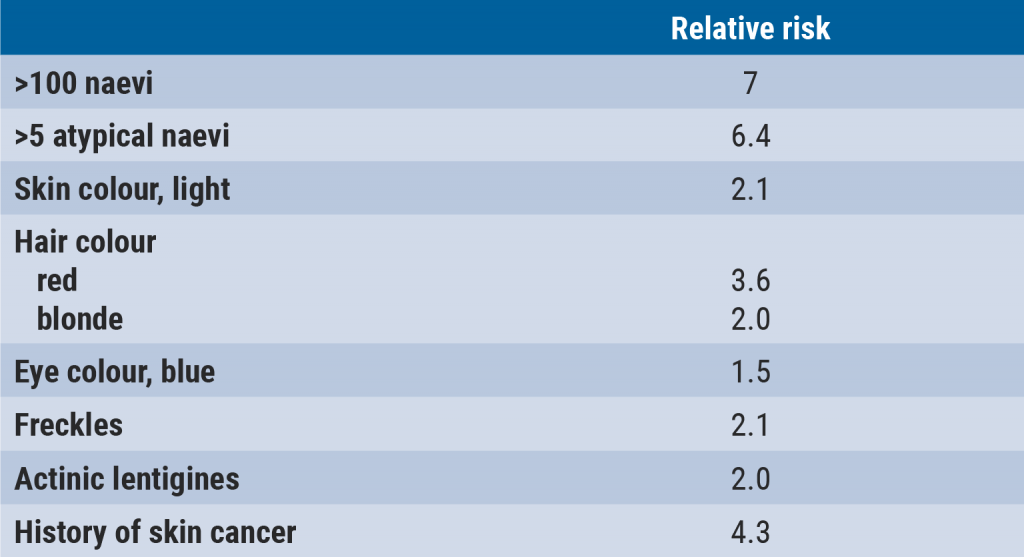For patients with unresectable or metastatic melanoma, first-line treatment with an anti-PD1 or anti-PDL1 antibody is now standard-of-care. The optimal second-line treatment after progression on the anti-PD1/PDL1 treatment is not known yet. Long-term follow-up data of the KEYNOTE-6 study has shown that for those patients who progressed on the PD1 antibody pembrolizumab and received ipilimumab (3 mg/kg), an anti-CTLA4 antibody, in second line, the long-term response rate was 15% with a median overall survival (OS) of 13.6 months [1]. However, ipilimumab given in a dose of 3 mg/kg comes with high toxicity. Data from both KEYNOTE-029 and Checkmate 511 demonstrated that low-dose ipilimumab (1 mg/kg) in combination with an anti-PD1 antibody shows comparable clinical activity but favourable rates of toxicity compared with 3 mg/kg.
Therefore, a phase 2 study was performed to evaluate the efficacy and safety of second-line low-dose ipilimumab (1 mg/kg) plus pembrolizumab after progression on anti-PD1/PDL1 therapy [2]. Primary endpoint of the study was the immune-related response per irRECIST; secondary endpoints were safety, progression-free survival (PFS), OS, and biomarkers. A total of 70 melanoma patients who showed progression on first-line anti-PD1 or anti-PDL1 therapy were enrolled (17% stage IIIc unresectable, 83% stage IV); 10% of the patients had (a history of) brain metastases, 24% had (a history of) liver metastases.
Of the enrolled patients, 61 were evaluable for the primary endpoint, with 9 patients having come off study prior to their first restaging scans. Of the evaluable patients, 5 showed a complete response, 14 showed a partial response, and 11 showed stable disease, leading to an irRECIST response rate of 27% (19/70). The median duration of response was 18.5 months. Median PFS was 5.0 months (95% CI: 2.8-8.8) and median OS was 24.7 months (95% CI: 15.2-undetermined). Time on first-line anti-PD1/PDL1 therapy was not correlated to the response on second-line pembrolizumab plus low-dose ipilimumab.
A total of 27% of all patients experienced a grade 3-4 adverse event. This is comparable to the toxicity of low-dose ipilimumab combinations in first-line therapy. The toxicity observed across all grades were in a similar spectrum of immune-related adverse events frequently seen with immune checkpoint inhibitors (colitis, diarrhoea, rash, pruritis, fatigue, nausea).
- Robert C, et al. Lancet Oncol. 2019; 20: 1239-1251.
- Olson D, et al. ASCO Virtual Meeting, 29-31 May 2020, Abstract 10004.
Posted on
Previous Article
« COVID-19 and Cancer Consortium Registry: initial results Next Article
Adjuvant pembrolizumab: durable RFS for stage III melanoma »
« COVID-19 and Cancer Consortium Registry: initial results Next Article
Adjuvant pembrolizumab: durable RFS for stage III melanoma »
Related Articles

May 10, 2023
Melanoma: Surveillance and follow-up
© 2024 Medicom Medical Publishers. All rights reserved. Terms and Conditions | Privacy Policy

